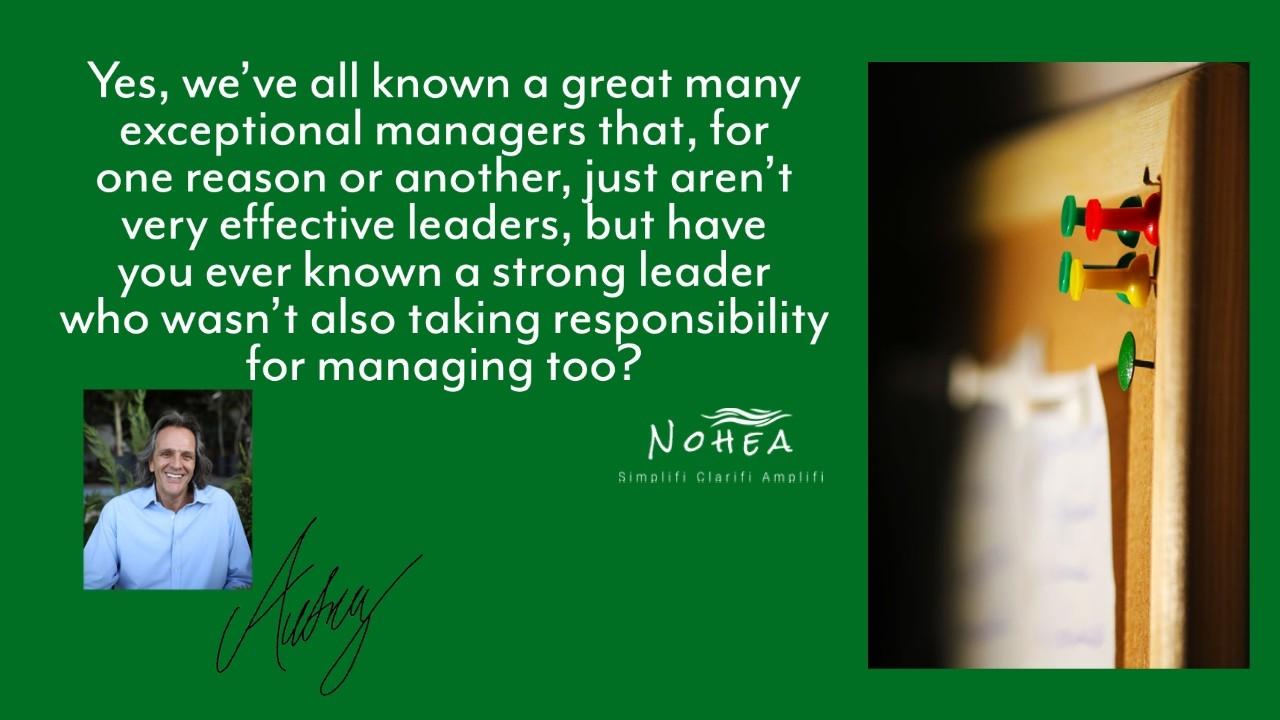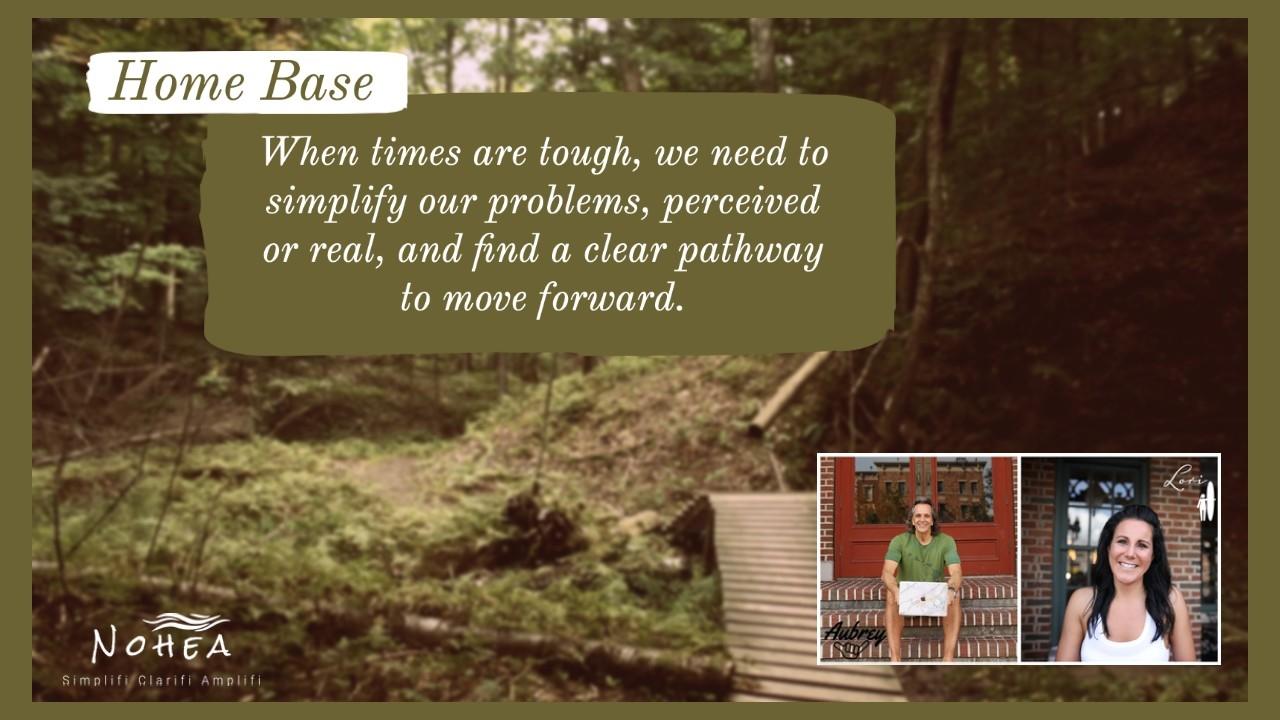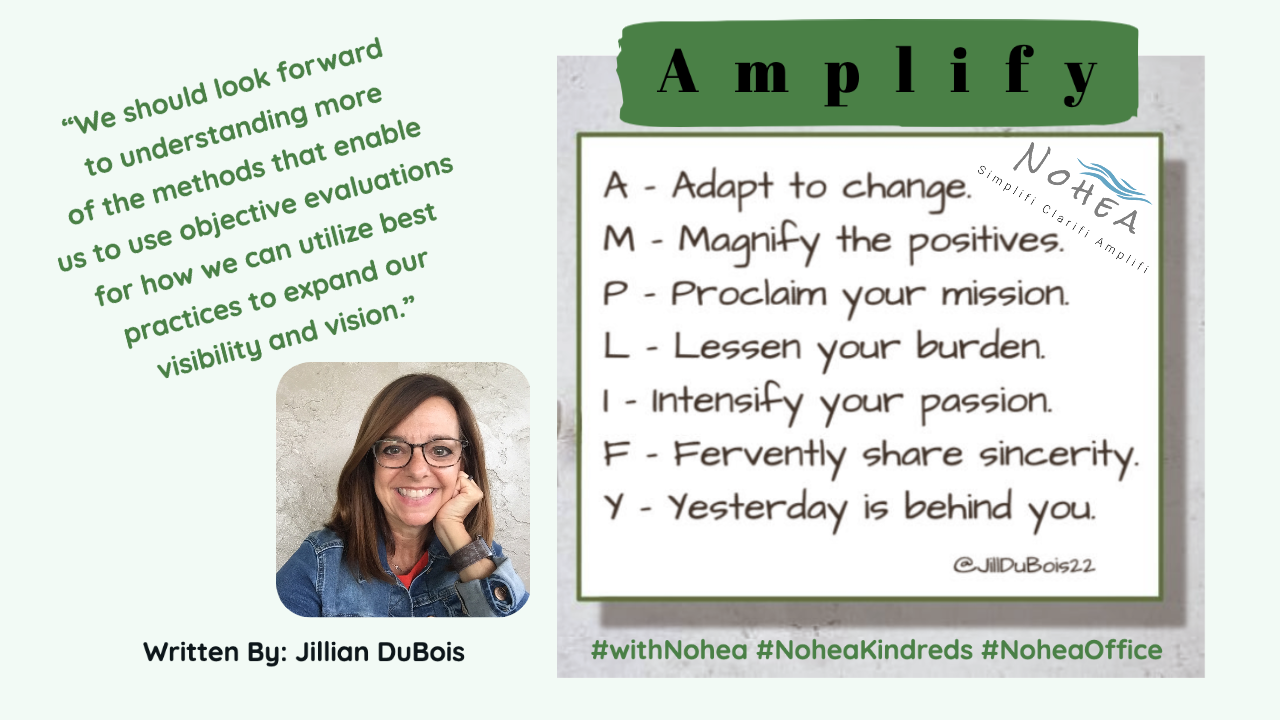How We Do One Thing Is How We Do Everything

Are there parts of your day, week, month, or year that you simply can't stand, but you tough it out for the greater good or the love of your job?
When I was a principal, my introverted self hated parts of the job. Mostly, I winced at anything that required me to be the focal point.
My stomach twisted every year when asked to give a graduation address, but I refused to focus on the cringe of delivering a speech to a couple of thousand people. I was determined to make It the best speech ever and represent our school in a way that made everyone proud to be part of it.
I'd endure these moments.
Certainly, a less than a positive mindset until my eyes were widened with a more encouraging lens from Dean Graziosi, who articulated a new approach so clearly: how you do one thing is how you do everything.
As long as it doesn't violate our values, we should try to be the best in the world at it. No matter what we're doing, even if we can't stand it, we need to realize it isn't forever and be...
Silence Does the Heavy Lifting

Do you have anyone on your team or staff that always chooses negativity and loves to bring any room to the lowest common denominator? You know, the kind of person that you always love, but can be really challenging to like?
Trying times certainly lead to even more corrosive behaviors, but of course, we need to rise above the moment while exercising empathy for someone who is obviously struggling.
We have a lot of options when such a person isn't in-person, as we can more easily choose to walk away from an email or phone call before responding or even have tools like prewritten scripts to quickly employ.
But when someone is waiting and seemingly enjoying the negative spotlight, how do we respond? Sure, we know that arguing with a fool only makes two, but equally important guiding principles are if you don't stand for something, you will fall for anything and what you tolerate sets the bar.
So what do we do while that person watches intently to see if we flinch?
Whether you are on y...
Beautifully Boring


Home Base


Teacher Evaluation in a Pandemic: 5 Ways to Make it Work

Teacher evaluation.
Ugh.
The term evokes so many mixed emotions. Teachers often find them useless at best and fear-inducting at worst. And principals often see them as just another item to check off a list.
In my work with leaders during this challenging time, many are wondering how they will fulfill this essential job function in these new and strange times. Some feel the pressure from their state or district to get a required number of evaluations completed by a certain date. Some wonder if they should just stop altogether for at least the time being.
Now, of course, there’s another layer of complexity as teaching and learning takes place with cameras, in Google Meets or Zoom rooms or with some hybrid approach. Teachers are understandably nervous about observations–especially if they haven’t seen any benefit to the process before we entered this new reality.
So, the principal who wants to create or maintain a culture of deep and joyful learning might keep the following point...
Amplify

I was recently asked to participate in a chat that asked how I could amplify my small voice in regards to speaking up and out about beginning to integrate anti-racism, inclusion, and equity issues into my classroom and expand that to the local community. Seemed like an easy inquiry to answer as I had always thought to “amplify” meant to speak louder and to be bolder.
But it wasn’t.
It seemed a bit too easy and shallow to offer up a pat answer that I could give to satisfy the question without any real thought.
One thing I love about the neurological complexity of the brain is that it senses when basic information is just not enough to satisfy the deeper thinking core of our humanness. It is often what drives us into that slow, rational, deliberate, and often reflective way to respond. I decided to take each letter of this word and see if I could create a more multifaceted definition on my own. What I discovered was that “amplify” took on a whole new meaning beyond the tran...
The School Traffic Controller

Being Dr. Suess

I can’t connect right through Zoom or Meet or Teams or …
There isn’t enough budget …
We lost half of our team …
My supervisor is a cold fish …
Yes, this all sucks. Are these really problems or is it time to accept these limits as facts of life? There is a distinct difference between dwelling on a problem and accepting a fact of life.
Dwelling on a negative fact of life is an energy vampire.
The clock doesn’t stop ticking and the kids and staff don’t stop needing us no matter how many mental calories we burn in frustration.
Dr. Suess wrote The Cat in the Hat using only 256 different words. His editor responded by betting him he couldn’t write a book with only 50 words. The result? Green Eggs and Ham.
Oh, you’re like us and you want the 50 words? Here they are in alphabetical order: a, am, and, anywhere, are, be, boat, box, car, could, dark, do, eat, eggs, fox, goat, good, green, ham, here, house, I, if, in, let, like, may, me, mouse, not, on, or, rain, Sam, sa...
Crabs in a Bucket

I Help Kids Learn by ____.



